Antoine Roex, Stalks
Let’s take a look at how adaptive teaching, based on real-time data, makes it possible to modify content and teaching methods according to students’ immediate performance, offering a personalized and effective learning experience.
The rise of adaptive learning in the digital age
In the digital age, adaptive teaching is a major innovation, enabling learning to be tailored to the specific needs of each student. Thanks to advanced educational platforms, it is now possible to collect and analyze learner performance in real time.
This approach offers unprecedented flexibility, adjusting pedagogical content to optimize student understanding and engagement. The integration of these technologies transforms the way teaching is delivered, making learning more dynamic and centered on the individual.
Personalizing learning content with real-time data
The use of real-time data enables immediate adaptation of educational content. By analyzing students’ responses and interactions, education systems can identify individual weaknesses and strengths.
Such fine-grained analysis leads to the creation of tailor-made learning paths, where the resources and exercises offered correspond precisely to individual needs. Such personalization promotes better assimilation of knowledge and keeps learner motivation at a high level.
Modifying teaching methods to suit immediate performance
In addition to content, teaching methods themselves can be adjusted in real time. Teachers, informed by instant analyses of student performance, can modify their didactic approach to better meet the needs of the group or individual. For example, if a majority of students encounter difficulties with a particular concept, the teacher may choose to re-explain the subject using an alternative method or different media. This pedagogical responsiveness guarantees better understanding and reduces the risk of students dropping out.
Challenges and prospects for data-driven adaptive teaching
Despite its advantages, adaptive teaching based on real-time data presents some notable challenges. The protection of students’ personal data is a major concern, requiring strict measures to ensure confidentiality. Furthermore, the effectiveness of these systems depends on the quality of the data collected and the ability of teachers to interpret and use this information wisely. In the future, adequate training of educators and a robust technological infrastructure will be essential to maximize the potential of adaptive teaching.
Conclusion
Adaptive teaching based on real-time data represents a significant advance towards more personalized and effective education. By continuously adjusting content and teaching methods according to students’ immediate performance, this approach meets individual needs and promotes greater academic success. However, to reap the full benefits, it is crucial to address the challenges associated with data management and teacher training, ensuring ethical and efficient implementation of these innovative technologies.
References :
- Apprentissage adaptatif : personnaliser l’enseignement pour chaque élève
- L’IA et l’adaptation des contenus pédagogiques
- L’apprentissage adaptatif, une révolution pour l’enseignement
- Qu’est-ce que l’apprentissage adaptatif ?
- L’apprentissage adaptatif : la clé pour une formation personnalisée et efficace



